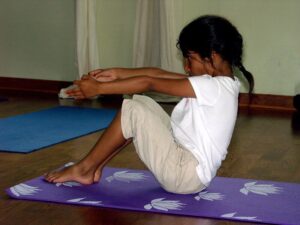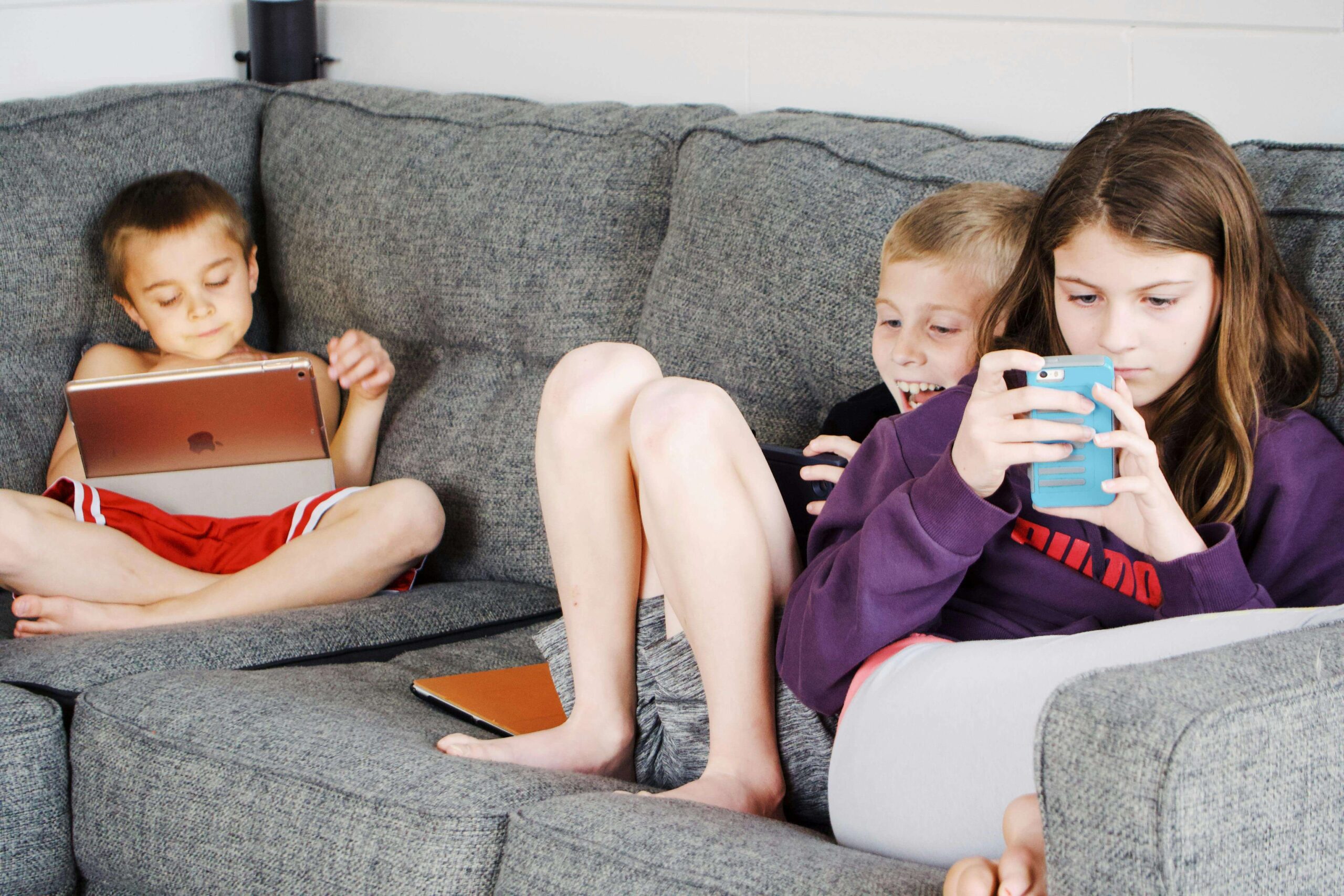Recently updated on April 6th, 2024
Table of Contents
ToggleThis post aims to help you devise a plan for how to reduce screen time for toddlers.
Although everyone agrees that the Internet has greatly benefited our daily lives, we feel a little powerless when the WiFi or 4G indicator vanishes from our phones! If your child suddenly requires screen time to keep him occupied or to focus while you feed him, screen time is undoubtedly doing more damage than good!
Why Is Screen Time Reduction Getting So Much Attention?
A child’s brain develops quickly up to the age of five or six, taking in information from every stimulus it encounters. These may originate from the child’s environment, the people and things he interacts with, the locations he goes to, and so forth. Now consider the potential impact on your child’s development if most of these cues originate from electronic devices!
According to the American Academy of Pediatrics, children are getting an average of 7 hours per day of screen time (television, computers, phones, and other electronic devices).
Major Issues Related To Overscreening
- Behavioral problems in kids – Children’s stress reactions brought on by screen time have been connected to aggressive and disturbed behavior because they are susceptible to the effects of electronics.
- Less physical activities – Toddlers these days spend more time on their phones than at parks or playgrounds. A child’s growing and developing body can suffer greatly from a lack of unstructured, intense play and exercise, leading to issues with posture and excessive weight gain.
- Impact on a child’s routine/Sleep – Digital gadget blue light can imitate sunshine, which throws a child’s body clock out of whack. This is because blue light exposure can suppress the melatonin hormone, which regulates the body’s circadian rhythm. A child’s sleep habits may be disturbed to a greater extent if his body has lower levels of melatonin, particularly if he is exposed to screens at night.
- Affect child speech development – The National Library of Medicine made the case that children who were exposed to screens at a young age had a higher chance of speaking at a later age.
The recommended amount of screen time:
According to the American Academy of Pediatrics,
- For children under the age of eighteen months, there should be no screen time—video calls excluded.
- If the child is between the ages of 18 and 24 months, the parent should watch high-quality television with him.
- If he’s under five years old, an hour of co-watching excellent television.
Corrective Actions
Before we get started, let me tell you that my three-year-old daughter used to watch YouTube kid’s videos for every meal. She would even demand her phone when she had to eat fruit. However, after including the activities listed below in her schedule, her screen usage has decreased to 90%.Bravo!!. I hope this will help you also.
1. Engage them in reading books
The best option is always a book, so get them reading. There are many toddler books on the market (or you may check them out from the public library). Particularly around mealtime, occupy children with listening to stories from books.
2. Indulge in physical activities

This is for you as well, not just for your kid! Our hectic lives lead to a lot of sedentary behavior, which is bad for both our physical and mental health. Of course, your youngster must observe you doing your recommended amount of activity each day for him to follow your example. Spend at least two hours playing with them outside, in the park, or your backyard. Engage them in workouts, you can teach them yoga at home.
3. Involve them in cooking

Children become irritated when they are left alone, especially when you are cooking. Thus, let them assist you in the kitchen. Assign them some chores, such as plucking coriander leaves, pealing hardboiled egg shells, or something else that is safe for them.
4. Give them a quiet place for coloring Pages.
This easy-to-do but enjoyable exercise can foster cognitive, emotional, and physical growth while stimulating creativity and being inexpensive and peaceful. We strongly advise including coloring in your child’s daily activity routine if you haven’t already.
Download free coloring pages from here
5. Make phone-free Zones in the home
6. Sing and Dance with them.
7. Reduce your phone usage in front of them.
Since children learn by observation, it can be confusing to them to be told that they are not allowed to use digital media yet you are not subject to the same laws! Setting boundaries for yourself is crucial since, as parents, excessive screen time may have an impact on you just as much as it does on your children.

